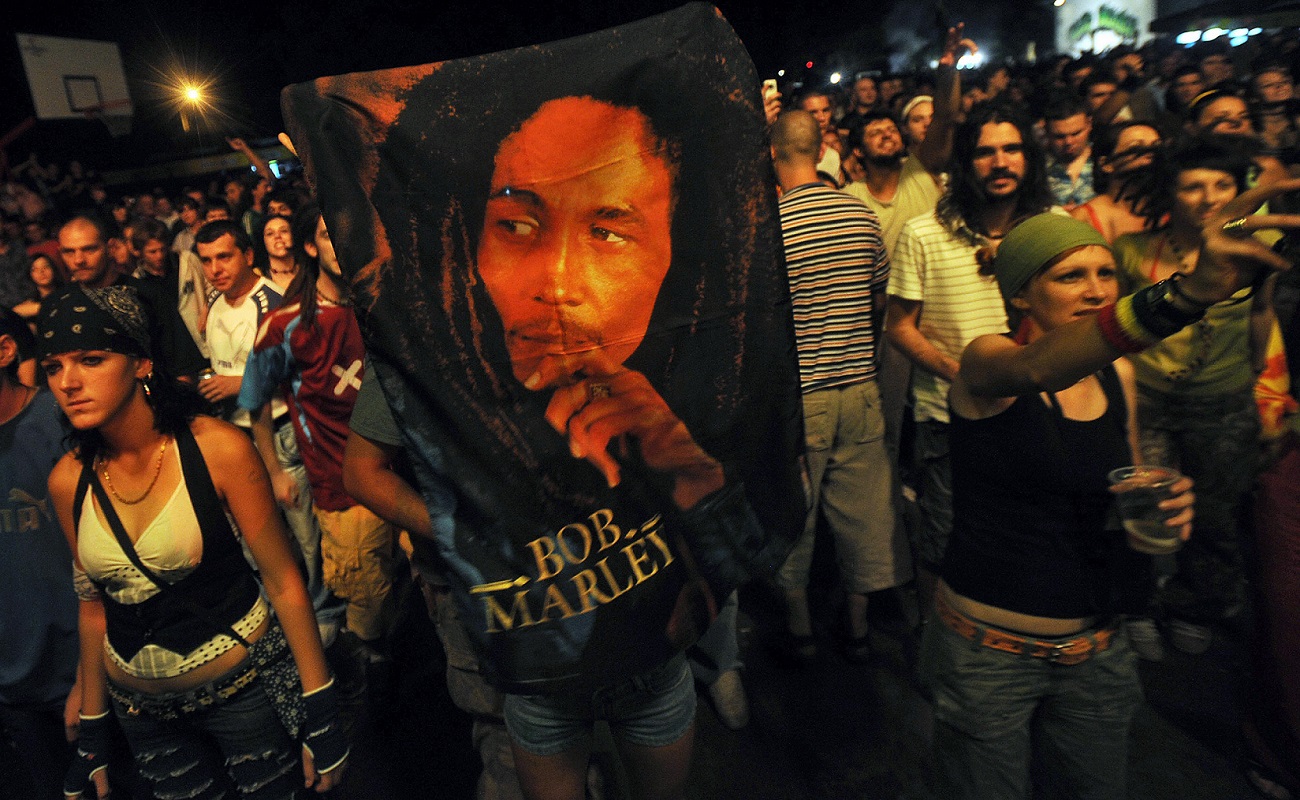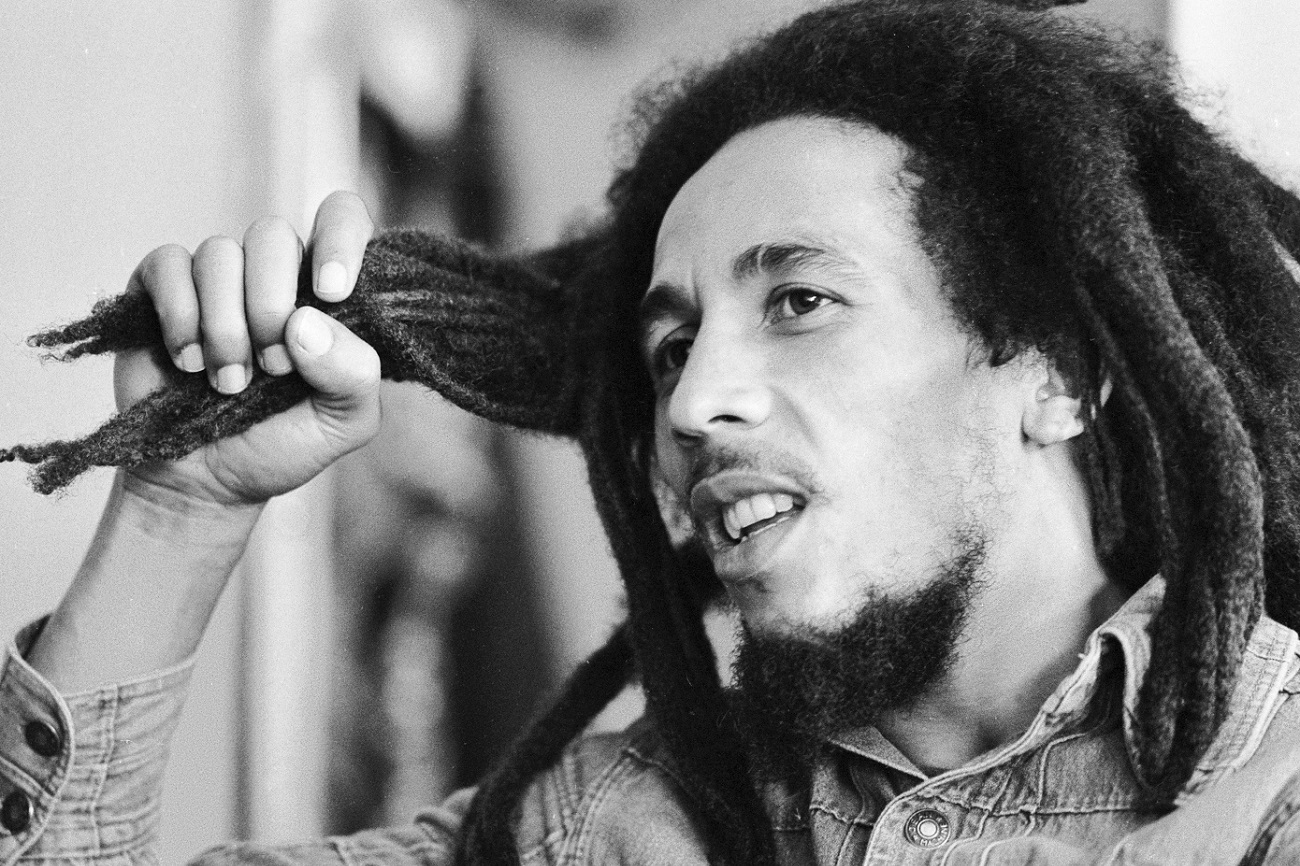Why Bob Marley’s ‘Legend’ Sold Infinitely More Than Any Other Marley Album
No one doubts the popularity of Bob Marley and The Wailers in 2021. Marley’s music has gone around the world and back a few zillion times, and just about everyone can sing a few lines of “One Love” or “I Shot the Sheriff.” Chances are they heard those songs on someone’s copy of Legend, Marley’s ’84 greatest hits collection that’s certified 15x platinum in America.
To break that certification down, over 15 million copies of Legend have shipped to record stores in the U.S. Meanwhile, global sales of Legend sit in the neighborhood of 25 million units. No other reggae album comes close to that figure.
In fact, no other Marley album resides in the same universe. Prior to the release of Legend (after Marley’s ’81 death), the reggae great only had one LP crack the top 10 in the U.S. On the sales scoreboard, none of Marley’s studio albums have ever moved 1 million copies in America.
None of Bob Marley’s albums went platinum prior to ‘Legend’

If you ask longtime Marley fans to name their favorite album, you’ll hear a number of different picks. Many will go for the records released by “The Wailers” prior to the departures of Bunny Livingston (later Bunny Wailer) and Peter Tosh.
The Wailers’ late ’60s and early ’70s work, much of which never made it to international markets, counts as some of Marley’s finest. Then Marley, Tosh, and Bunny wrote and recorded together on those first two Island LPs (1973’s Catch a Fire and Burnin’).
Yet despite the greatness of that work, none of those albums sold well. In the case of Catch a Fire, which featured “Stir It Up” and “Concrete Jungle,” the record still hasn’t received a gold certification (for 500,000 copies shipped) in the U.S.
Most of Marley and The Wailers’ later albums (e.g., Rastaman Vibration, Kaya, Exodus) went gold, but not a single one went platinum (for 1 million sales). Taking that into account, it seems like a small miracle that Legend became one of the top selling records of all time.
Island successfully targeted ‘the white world’ with Marley’s ‘Legend’

In the early ’80s, Island Records founder Chris Blackwell hired Dave Robinson to run the label’s U.K. division. Robinson started off his Island tenure with a daunting assignment. He had to compile a set of Marley’s greatest hits. To succeed, Robinson decided to go in a completely different direction.
Rather than continuing to sell Marley as a political figure, Robinson would emphasize the poet and uniter in the man. (Marley was all of the above.) “My vision of Bob from a marketing point of view was to sell him to the white world,” Robinson told Phoenix New Times in ’14.
Instead of a scowling Marley in fatigues smoking a spliff, Legend’s cover featured a photo of Bob smiling innocently. Rather than “Slave Driver” and “Burnin’ and Lootin’,” listeners got “Satisfy My Soul,” “Is This Love,” and “Jamming.” Overall, the picture of Marley was a sunnier one. And, tens of millions of sales later, it stands as a marketing triumph.


